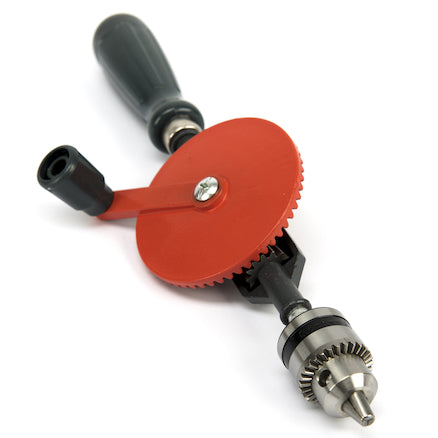Is a 12V Drill Powerful Enough for Concrete? A Comprehensive Analysis
When it comes to drilling into concrete, having the right tool is crucial for achieving efficient and effective results. One common question that arises is whether a 12V drill is sufficient for concrete drilling tasks. In this blog post, we will delve into the capabilities of a 12V drill and explore its suitability for concrete applications. By understanding the limitations and potential of a 12V drill, you can make an informed decision for your specific needs.
- Understanding the Power of a 12V Drill:
A 12V drill is a compact and versatile tool that is commonly used for various DIY projects and light-duty tasks. It offers portability and ease of use, making it a popular choice among homeowners and hobbyists. However, when it comes to drilling into concrete, the power output of a 12V drill may pose certain limitations. - Factors to Consider:
To determine whether a 12V drill is enough for concrete, several factors need to be taken into account: a. Drill Bit Selection:
The type and quality of the drill bit play a significant role in concrete drilling. For optimal results, it is recommended to use masonry drill bits specifically designed for concrete applications. b. Concrete Density and Thickness:
Concrete varies in density and thickness, ranging from lightweight to heavy-duty structures. While a 12V drill can handle drilling into thin or less dense concrete, it may struggle with denser or thicker surfaces. c. Drill Speed and Torque:
The speed and torque capabilities of a 12V drill are generally lower compared to higher voltage drills. This can affect the drilling speed and efficiency, especially when dealing with tougher concrete surfaces. - Limitations of a 12V Drill:
Despite its versatility, a 12V drill has certain limitations when it comes to concrete drilling: a. Power Output:
The lower voltage of a 12V drill translates to reduced power output, which may result in slower drilling speeds and increased effort required to penetrate concrete. b. Battery Life:
Concrete drilling can be demanding on the drill's battery life. A 12V drill may have a shorter runtime compared to higher voltage drills, requiring frequent recharging or battery replacements for extended projects. c. Potential Overheating:
Continuous drilling into concrete with a 12V drill can lead to overheating, as the motor may struggle to handle the sustained workload. This can affect the drill's performance and lifespan. - Alternatives for Concrete Drilling:
For more demanding concrete drilling tasks, it is advisable to consider higher voltage drills, such as 18V or 20V models. These drills offer increased power, higher torque, and longer battery life, making them better suited for heavy-duty applications.
Conclusion:
While a 12V drill can handle light concrete drilling tasks, its limitations in power and performance make it less ideal for more challenging projects. For occasional or small-scale concrete drilling needs, a 12V drill can suffice with the right drill bits and techniques. However, for frequent or heavy-duty concrete drilling, investing in a higher voltage drill is recommended to ensure efficiency, productivity, and longevity.

Post Comment